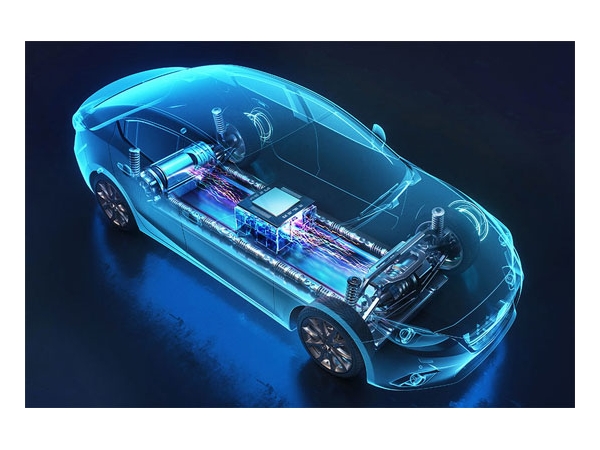Recently, auto forecast solutions (hereinafter referred to as "AFS"), a data forecasting company in the automotive industry, disclosed a set of latest data: as of August 7, due to the shortage of chips, the cumulative production reduction in the global automotive market this year was about 2.9905 million. AFS predicts that by the end of this year, the cumulative production reduction in the global automobile market will climb to 3.8294 million units. Based on this, Sam fiorani, vice president of AFS global automotive forecast, inferred that the automotive industry may not recover from the chip shortage until 2023 or even longer.

According to the report of China business daily, since the beginning of 2020, the global automobile supply chain has been affected by the COVID-19 epidemic, the evolution of the international situation, the tight supply of chips and other factors. The huge manufacturing system has exposed a weak side. The supply chain security issue has become the most concerned topic in the automobile industry, and the global automobile industry has entered the "core shortage cycle". In response to the problem of lack of core, more and more automobile enterprises began to accelerate the search for deep binding with chip manufacturers. The major automobile enterprises rebuild the supply chain and bet on the chip field more and more obviously. They either invest in major chip manufacturers or reach deep strategic cooperation with major chip manufacturers. So far, Geely, BAIC, SAIC, FAW, GAC, general motors, Volkswagen Group, Ford Motor and other domestic and foreign automobile enterprises have established strategic cooperation relations with chip manufacturers.
It is reported that on August 4 this year, STMicroelectronics announced that it would begin to cooperate with cariad, a software company of Volkswagen Group, Germany, in the development of automotive system level chips (SOC), creating a new mode of software defined automotive cooperative development. The cooperation goal is to provide processor chips for the new generation of vehicles based on the unified and scalable software platform of Volkswagen Group. Through this measure, cariad aims to enable Volkswagen Group to lock in the supply of automotive chips several years in advance.
In November last year, Ford Motor announced that it had reached a strategic agreement with the US chip manufacturer Gexin to develop chips, which may eventually lead to joint production in the United States. Ford said that designing its own chips could improve some automobile functions, such as the automatic driving function or the battery system of electric vehicles, and might help Ford avoid the shortage of chips in the future.
Domestic automobile enterprises are also accelerating the alliance with chip manufacturers. According to the information released on the official website of Shanghai Municipal People‘s Government on August 9, recently, SAIC Group and horizon have deepened cooperation, focusing on the international leading intelligent driving and cabin driving integration domestic computing platform project, aiming at the future oriented high-power chips and computing platforms, and working together to promote the development and application of vehicle specification high-performance AI chips. In the field of automotive chips, SAIC Group has invested in more than 20 chip companies such as horizon, Jingchen semiconductor, xinti technology and Xinwang microelectronics to accelerate the layout of the automotive chip industry chain. At the same time, SAIC has also cooperated with Shanghai Institute of micro technology industry to jointly build a third-party joint evaluation platform for automotive electronic chips, reduce the repeated certification investment of chip enterprises, shorten the certification cycle, and promote the localization of vehicle grade chips.
|
Disclaimer: This article is transferred from other platforms and does not represent the views and positions of this site. If there is infringement or objection, please contact us to del
|
